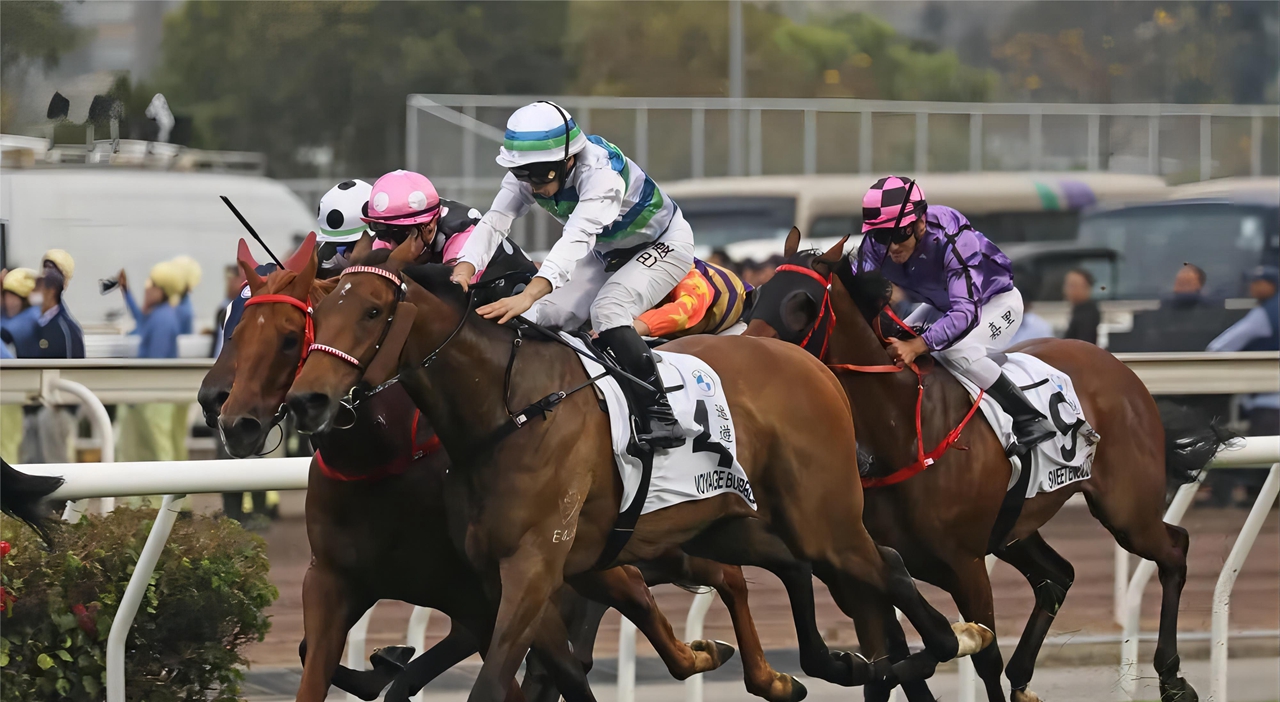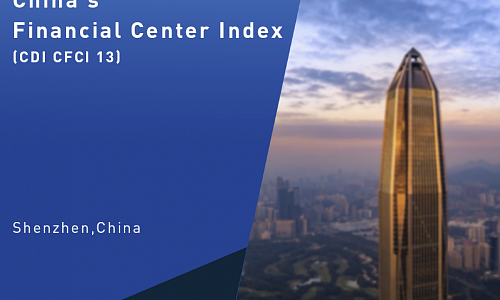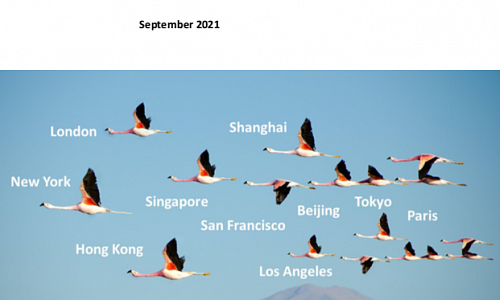
Date: Dec 7, 2023
Authors: XIE Laifeng1, TAN Huifang2, ZHUANG Zhuohao3, and MO Dilang3
Due to the unique “One Country, Two Systems” framework, institutional innovation that facilitates the free flow of production factors strengthens inter-governmental cooperation and promotes the cooperative development of the economy and industries has become key to advancing the construction of the Guangdong–Hong Kong–Macao Greater Bay Area (GBA). Within the GBA, Guangzhou and Hong Kong’s success in cross-border equine industry cooperation has been empowered by the two cities’ continuous exploration of institutional innovation. This article systematically examines their experiences and presents policy improvement suggestions based on the future development needs of the cross-border equine industry.
In support of the equestrian events of the Guangzhou 2010 Asian Games, the construction of the equestrian venue and the establishment of the country’s first equine disease-free zone (EDFZ), which was certified by the World Organisation for Animal Health and the European Union, was completed in Conghua District, Guangzhou. Following the Asian Games, to maximize the usage of existing resources and facilities, the Guangzhou municipal government introduced the Hong Kong Jockey Club (HKJC) to Conghua, which later converted the equestrian venue into the Conghua Racecourse. In August 2018, The HKJC Conghua Racecourse officially opened for operation, becoming Mainland's first racecourse and thoroughbred horse training center to meet international standards. As the equine industry cooperation between Guangzhou and Hong Kong deepened, the two cities signed the Co-operation Agreement between Guangdong and Hong Kong on Equine Industry Development in May 2021, and since have steadily advanced major projects such as an international horse-trading platform and international equestrian sports events.
After examining the cooperation process within the Guangzhou–Hong Kong equine industry, it became evident that amidst the development of the GBA, some of the regulatory measures presented challenges that hindered the cross-border flow of production factors between Hong Kong and the Mainland which was fundamental for further industrial development. Therefore, governmental-level institutional innovation became imperative. The institutional innovation in the Guangdong–Hong Kong equine industry cooperation is illustrated in the following four areas.
First, regarding government cooperation mechanisms, designated task force and leadership groups were created. The Guangdong–Hong Kong Equine Industry Cooperation Task Force, established under the Hong Kong/Guangdong Co-operation Joint Conference mechanism, can collaboratively plan the coordinated development of the equine industry in the GBA at a higher level and serve as an important medium in addressing challenges that emerged during the development process in a targeted manner. Additionally, the task force promotes exchanges among relevant enterprises, institutions, and personnel between the two locations. Guided by the task force, Guangzhou and Conghua have each established leadership groups for the equine industry, collaboratively advancing the implementation of various initiatives for the development of the Guangzhou–Hong Kong equine industry.
Second, in terms of customs clearance, the introduction of the “one-time approval, multiple round trips” registration and filing system, which allows horses multiple entries and exits to Guangzhou during a validity period, has created a new model for cross-border horse transportation within the GBA. Furthermore, the exchange of horses between the two locations is safeguarded by the establishment of unified inspection standards and a recognition mechanism for inspection and quarantine testing results. Lastly, Guangzhou Customs has established a dedicated office at the Conghua Racecourse to implement biosecurity surveillance and controls to guarantee the security of the EDFZ and cross-border horse transportation.
Third, the collaborative effort of Hong Kong’s Agriculture, Fisheries and Conservation Department and mainland authorities, including Customs, Ministry of Agriculture and Rural Affairs, and provincial, municipal, and district governments, was fundamental to the pioneering establishment of an EDFZ that spans the entire Conghua District and the innovative inclusion of a biosafety highway that enables the direct transfer of horses between Conghua and Hong Kong.
Fourth, the Guangzhou municipal government has delegated foreigner visa issuance to Conghua, allowing foreign employees of HKJC to apply for visas nearby. With the assistance of the Guangzhou Municipality, the children of non-Guangzhou Hukou talents employed by the HKJC who meet the prescribed conditions can enroll with their nearest compulsory education provider without taking entrance exams.
The equine industry cooperation between Guangzhou and Hong Kong has yielded fruitful results; however, to maximize cooperation in the cross-border equine industry chain, both Guangzhou and Hong Kong must continue to explore more substantial institutional innovations.
Firstly, increased facilitation to smooth the movement of horses and clearance of associated goods is needed. Examples include streamlining the clearance process, establishing a normalized emergency response mechanism, and establishing dedicated control stations at both the origin and destination points of cross-border horse transportation routes.
Secondly, to facilitate the international horse-trading platform and international equestrian events, proactive policy arrangements should be made so registered foreign veterinarians can provide veterinary services in Guangzhou and Conghua.
Thirdly, further research into creating a mechanism that promotes international mutual recognition of inspection and quarantine findings is needed to allow foreign horses to transit the Conghua EDFZ which is critical for hosting international equestrian events.
Lastly, introducing and nurturing talent in the equine industry is vital. It is recommended that to strengthen talent training in the equine industry further, support be provided to relevant universities to build faculties focused on the modern equine industry. Additionally, the facilitation of HKJC’s foreign employees working and living in Guangzhou should be continued, professional qualifications recognition be supported, and industry professionals be enabled to enjoy preferential personal income tax policies within the GBA.
---------------------------
- Deputy Director, Department of Hong Kong, Macao and Regional Development, CDI
- Lecturer, School of Economics and Management, Xiangnan University
- Project Research Fellow, Department of Hong Kong, Macao and Regional Development, CDI








